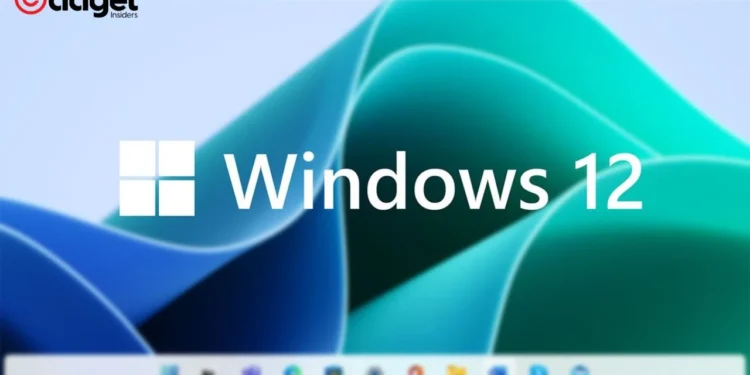As we delve into the realm of operating system innovation, Microsoft’s rumored Windows 12 has been garnering significant attention. Despite Windows 11 being less than two years old, there’s speculation about Microsoft’s next big release, potentially slated for 2024. This anticipation stems from a leak by Intel and a new Windows Insider channel hinting at cutting-edge versions of the operating system.
Jacob Roach, a notable voice in the tech community, has shared his insights and expectations for Windows 12. His perspective not only reflects the eagerness of many users but also sets the stage for what could be Microsoft’s next major stride in OS development.
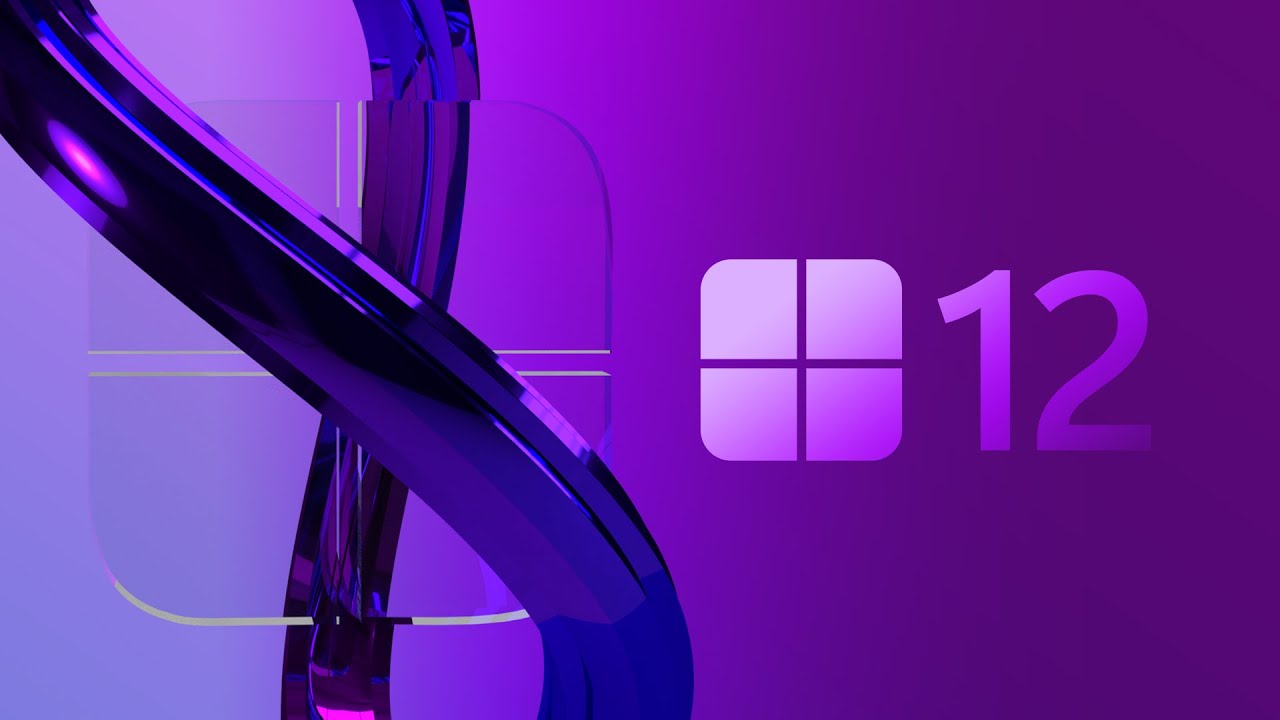
The Desired Rollout: A Smooth Transition to Windows 12
One of the critical aspects Roach emphasizes is the rollout process of Windows 12. Reflecting on the somewhat sluggish introduction of Windows 11, he advocates for a more streamlined and universal release of Windows 12. The ideal scenario would see the new OS popping up simultaneously on PCs worldwide, though the likelihood of this, given Microsoft’s cautious approach through its insider program, remains uncertain.
Despite the lack of an official announcement, reports suggest a potential release in the fall of 2024, aligning with Microsoft’s rumored three-year update cycle. This timeline, however, is speculative at best at this stage.
Compatibility and User Experience: The Core of Windows 12
A major point of contention with Windows 11 was its stringent system requirements, especially the need for a Trusted Platform Module (TPM). Roach hopes that with Windows 12, Microsoft will maintain its security standards without making the upgrade process overly cumbersome, particularly for custom-built PCs. The aspiration is for a more inclusive approach that accommodates a broader range of hardware configurations without unnecessary restrictions.
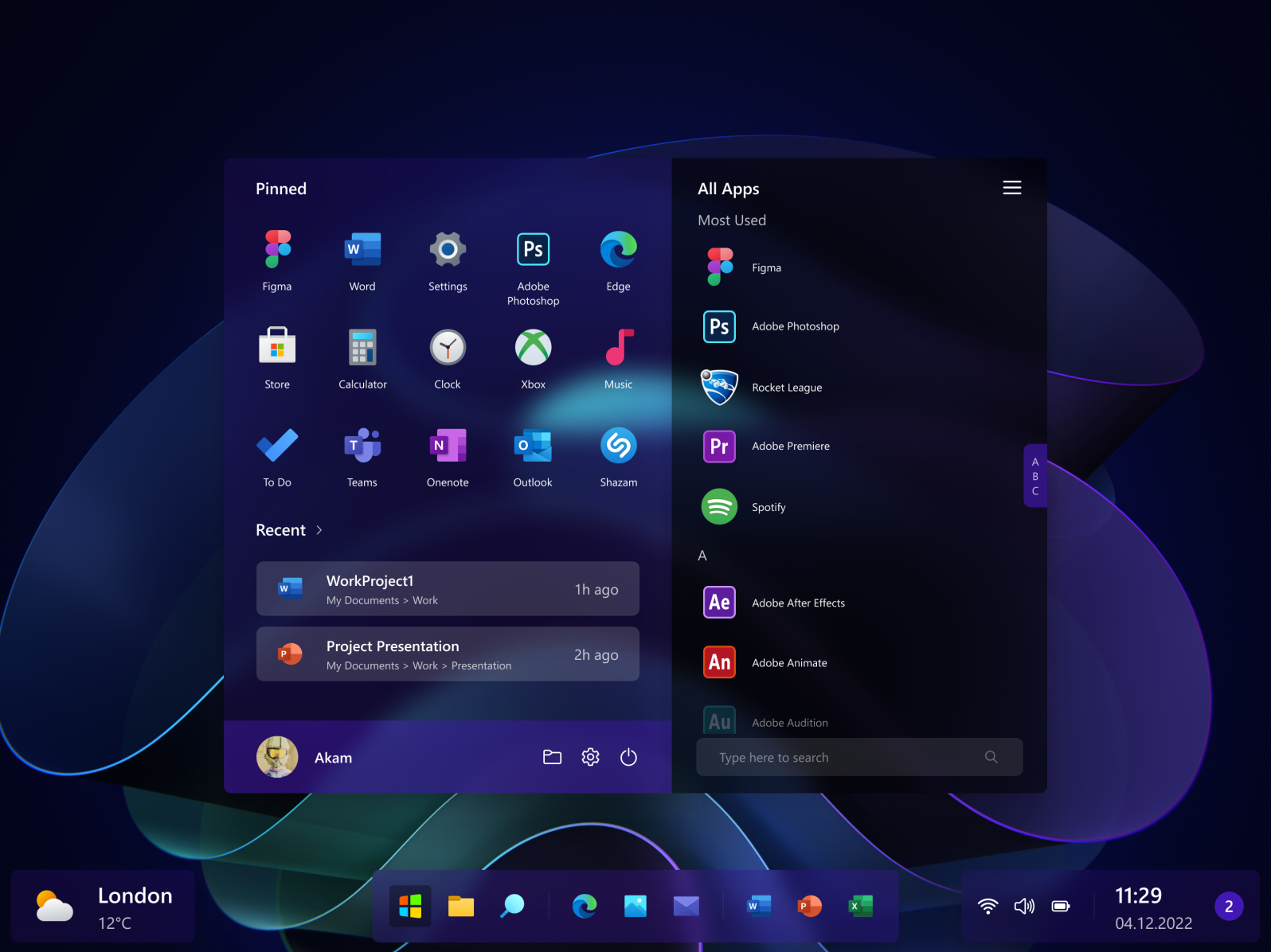
Seamless Upgrade Path and the Role of Data Collection
The transition from Windows 11 to Windows 12 should ideally be a free upgrade, considering Microsoft’s model of monetizing through data collection and advertising. This approach, while raising privacy concerns, has been a cornerstone in offering no-cost updates to licensed users, a trend expected to continue with Windows 12.
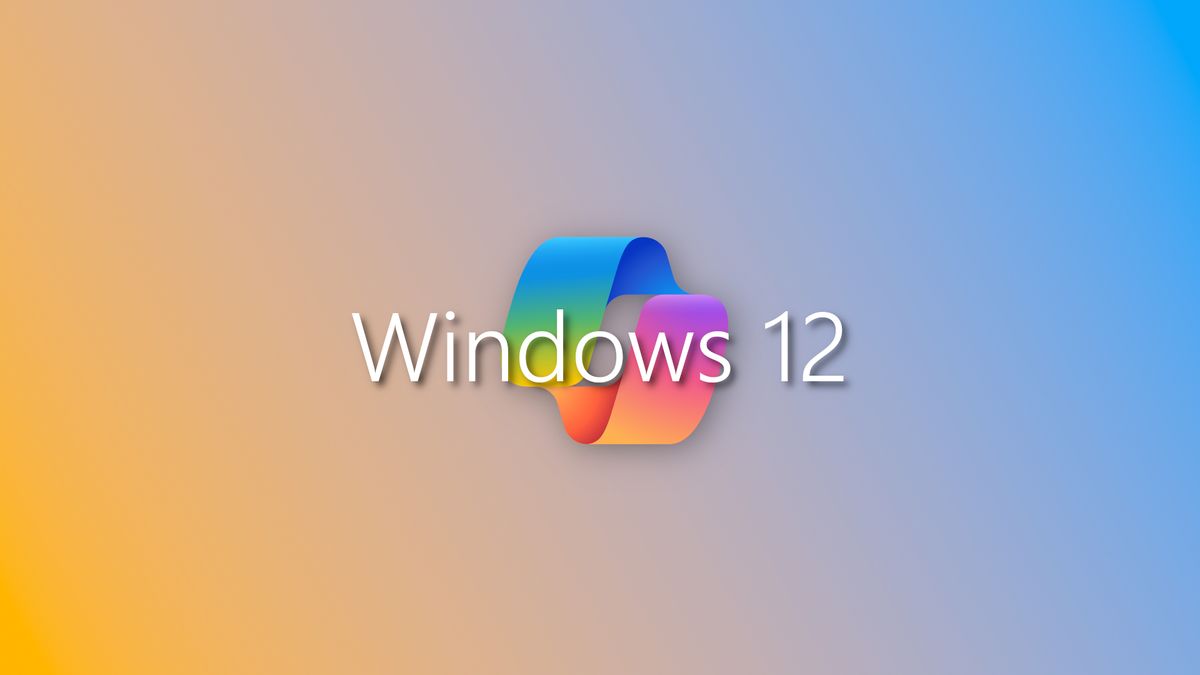
Integrating AI: A Leap into the Future
Microsoft’s significant investment in AI, notably through its collaboration with OpenAI, has the potential to transform the Windows experience. Roach envisions AI integration in various aspects of Windows 12, from enhancing productivity tools to refining accessibility features. The aim is to have AI influence every part of the OS, leveraging technology to streamline user experience and boost efficiency.
Windows 12 redesigned desktop concept by me coming in a couple minutes pic.twitter.com/kzVRpyelad
— AS (@ASOfficial_80) January 8, 2024
Customization: Bringing Back the Personal Touch
While Windows 11 introduced a refreshed look, it compromised on customization. Roach is advocating for more personalization options in Windows 12. He suggests integrating features that allow users to modify the taskbar, alter the Start menu styles, and control various OS elements, ensuring that Windows 12 caters to individual preferences and usability needs.
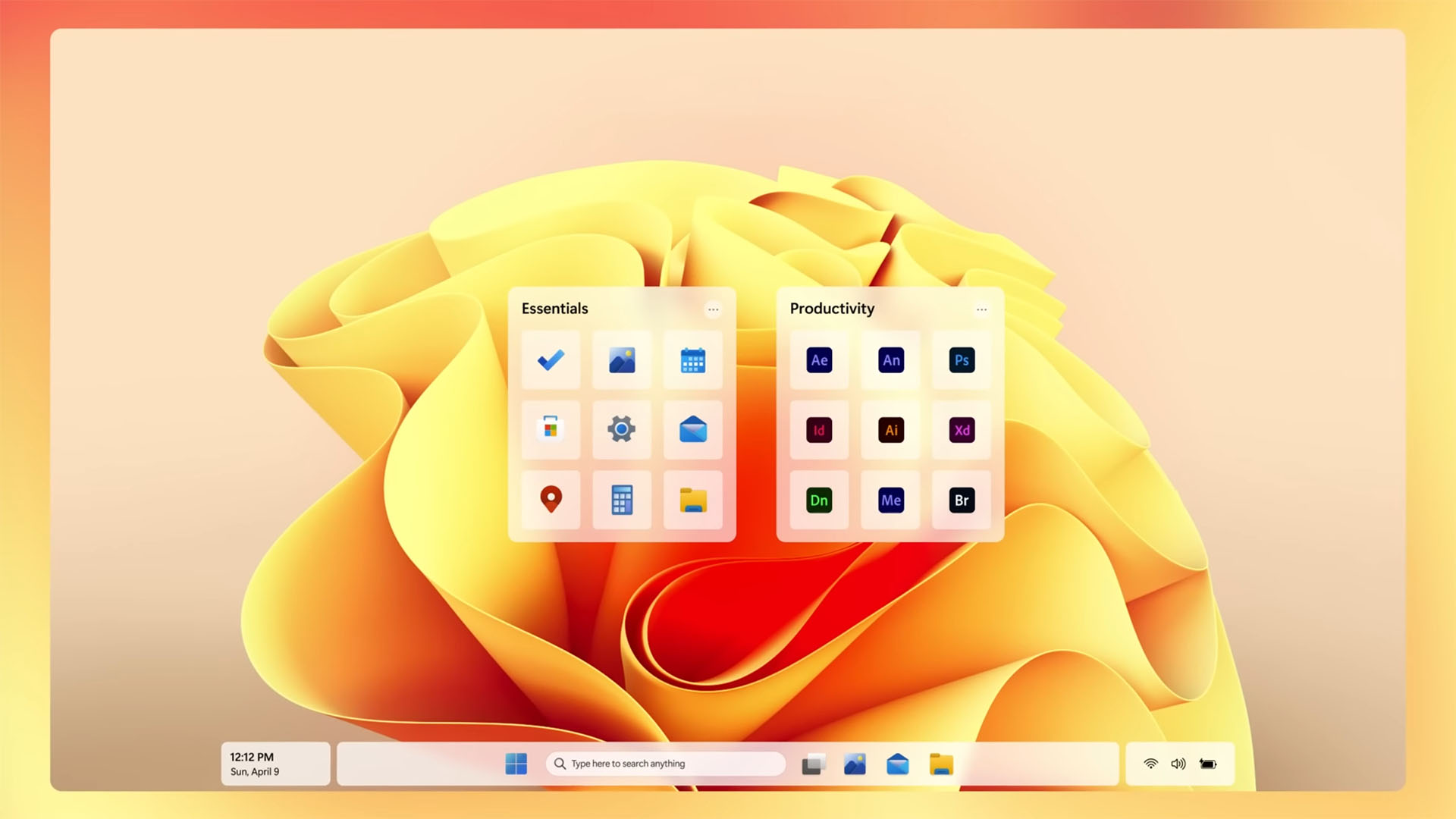
A Window to Endless Possibilities
As we await official news from Microsoft, the speculation surrounding Windows 12 paints a picture of an operating system that’s not just an upgrade but a new vision for PC users. From seamless rollouts to AI integration and enhanced customization, Windows 12 might just be the transformative step in Microsoft’s OS journey, blending modern requirements with user-friendly features. Stay tuned as we continue to uncover what the future holds for Windows 12.

